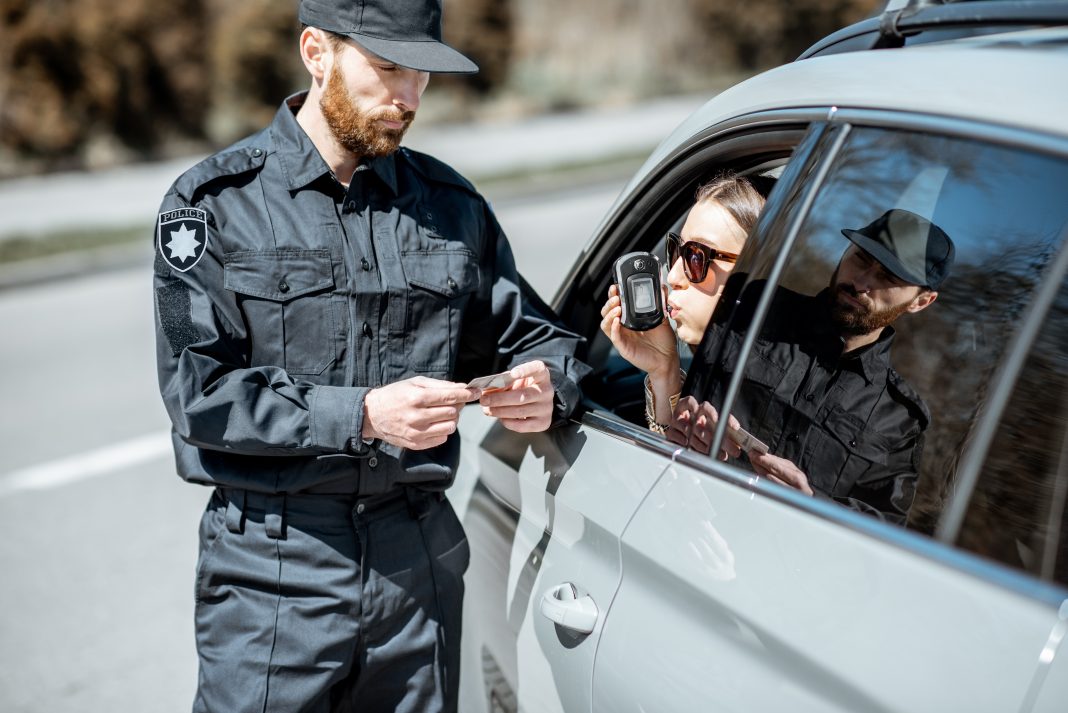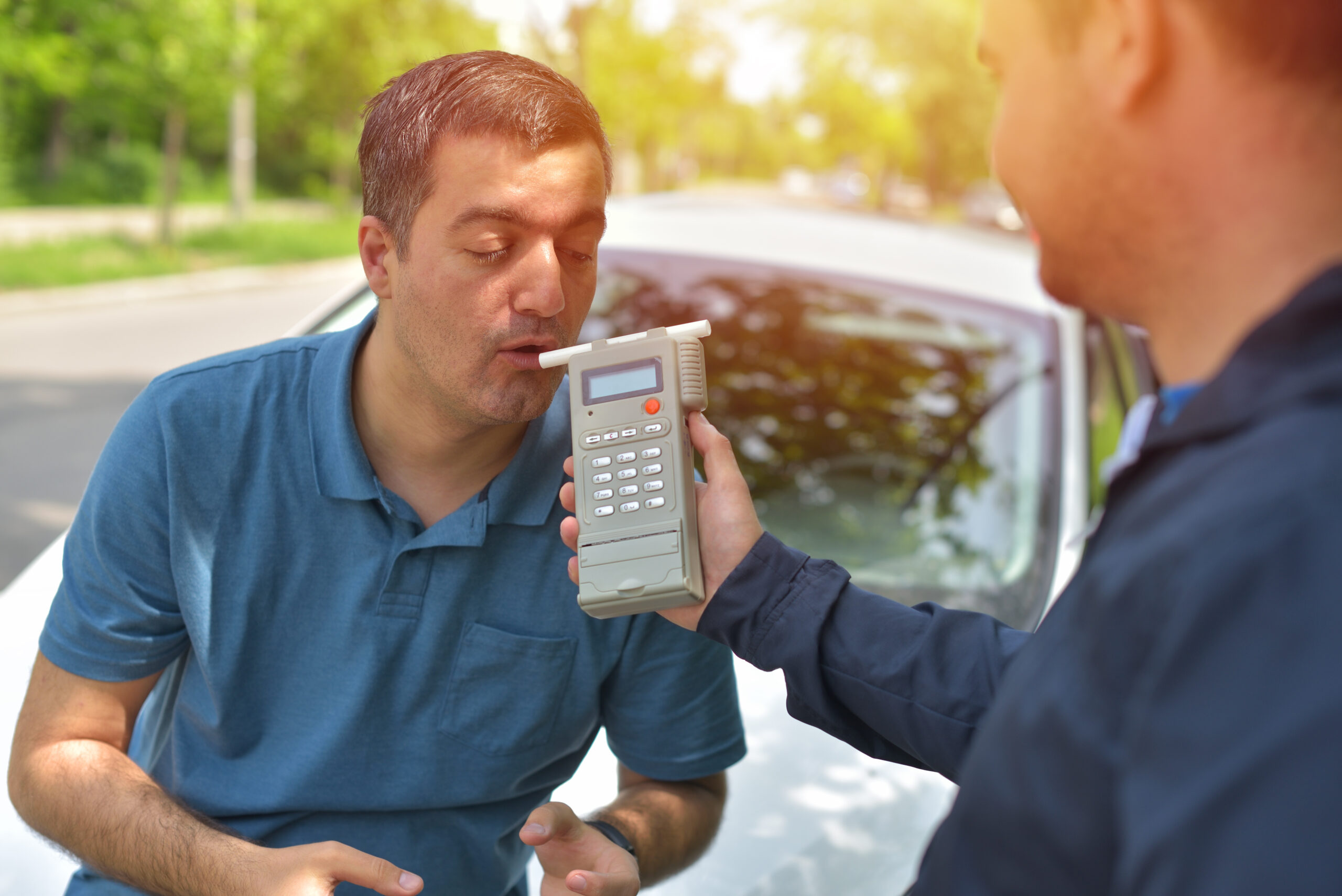If you’ve ever been pulled over after a night out and asked to take a breath test, chances are the phrase “a breathalyzer” instantly took on a new level of importance. It’s no longer just a word tossed around in law enforcement dramas. Suddenly, it’s very real. One small machine—and one deep breath—could be the difference between going home and facing criminal charges.
So what do you really need to know about a breathalyzer? Is it always accurate? Do you have to take the test? What happens if you refuse? And most importantly—how should you respond if your breathalyzer results land you in legal hot water?
In this comprehensive guide, we’re going to walk through everything you should know about handling charges that stem from a breathalyzer test. From understanding how a breathalyzer works to recognizing your rights and building a defense, you’ll find actionable tips and hard-earned insights in plain English.

What Exactly Is a Breathalyzer?
Let’s start with the basics. A breathalyzer is a portable device that law enforcement uses to measure the amount of alcohol in your system. More specifically, it measures your Blood Alcohol Concentration (BAC) based on the amount of alcohol in the air you exhale.
You blow into the device, and it gives a digital readout of your BAC. If your BAC is 0.08% or higher, you’re considered legally intoxicated in most states. That single number can make or break a DWI (Driving While Intoxicated) case.
But here’s what many people don’t realize: a breathalyzer is not infallible. Like any machine, it can malfunction, and like any test, it can be performed incorrectly. Yet courts still treat the results as solid evidence—unless you know how to challenge them.
Real-Life Story: Caleb’s Costly Shortcut
Caleb was heading home from a small birthday gathering—three beers over a few hours, nothing wild. He felt confident. Then he saw the flashing lights in his rearview mirror.
The officer claimed Caleb rolled through a stop sign. Caleb cooperated fully and agreed to take a breathalyzer. The device read 0.09%. He was arrested on the spot for DWI.
Later, Caleb learned that the officer had used an older breathalyzer model, one that had been flagged for irregular readings. With the help of an attorney, he got the test results suppressed due to improper calibration. His charges were reduced to a non-alcohol-related traffic violation.
Caleb’s story shows that when it comes to a breathalyzer, knowing your rights and asking the right questions could change everything.
How a Breathalyzer Works (And Why It’s Not Always Perfect)
A breathalyzer operates on a pretty fascinating principle. When you drink, alcohol enters your bloodstream and is carried to your lungs. When you exhale, alcohol vapor comes out with your breath. The breathalyzer uses a chemical or infrared sensor to detect this alcohol content and calculates an estimate of your BAC.
There are two main types:
- Preliminary Breath Test (PBT): This is the handheld unit used during traffic stops. It’s portable, fast, but not always admissible in court.
- Evidential Breath Test (EBT): These are larger machines found at police stations. They’re more accurate and are used to collect BAC evidence for trial.
Still, both can be affected by:
- Improper calibration
- User error
- Residual mouth alcohol (like from mouthwash)
- Certain medical conditions (e.g., GERD)
- Breathing patterns or body temperature
That’s why challenging the validity of a breathalyzer test is often a key part of a DUI defense strategy.
Do You Have to Take a Breathalyzer Test?
This is one of the most common questions—and the answer varies depending on the situation.
During the Traffic Stop
Most states allow drivers to refuse a preliminary breathalyzer during a roadside stop. However, refusing may make the officer more suspicious and could lead to arrest anyway.
After Arrest
Once you’re placed under arrest, implied consent laws kick in. By driving on public roads, you’ve agreed to submit to chemical testing (blood, breath, or urine) if lawfully arrested. Refusing this test can trigger:
- Automatic driver’s license suspension (6–12 months or more)
- Use of your refusal as evidence in court
- Mandatory ignition interlock device if convicted

So, while you technically can refuse a breathalyzer post-arrest, doing so may hurt more than help—unless your attorney sees a strategic advantage.
What Happens If You Fail a Breathalyzer Test?
If you blow 0.08% or above, you’ll likely be arrested and charged with DWI or DUI, depending on your state’s laws. Here’s what typically follows:
- Arrest and Booking: You’ll be taken to jail and booked.
- License Suspension: In many states, your license is suspended immediately.
- Arraignment: You’ll appear before a judge and enter a plea.
- Pre-trial Hearings: Your attorney may challenge the test or request evidence.
- Trial or Plea Bargain: Most cases end in a plea, but trials do happen.
- Sentencing: If convicted, penalties can include fines, classes, and jail time.
The presence of a breathalyzer result makes conviction more likely—but not guaranteed. Many defenses focus on discrediting how the test was administered.
Key Defenses Against Breathalyzer Evidence
Don’t assume that failing a breathalyzer means your case is hopeless. Here are some of the most common defenses attorneys use:
1. Improper Calibration
Breathalyzers must be calibrated regularly. If the maintenance logs aren’t up to date, the results can be dismissed.
2. Operator Error
The officer must follow specific procedures. Any missteps—like not observing you for 15 minutes before the test—can lead to inaccuracies.
3. Health Issues
Certain medical conditions can inflate BAC readings. Acid reflux, diabetes, and ketosis (common in keto diets) can all impact the test.
4. Residual Mouth Alcohol
Alcohol in your mouth—like from a recent sip or mouthwash—can spike the reading if the test is administered too soon.
5. Machine Malfunction
Like any tech, a breathalyzer can break. Faulty readings are more common than you might think.
Your defense strategy should focus on the specifics of your case, the type of device used, and how the test was administered.

Real-Life Story: Nina’s Unexpected Win
Nina, a 29-year-old school teacher in Dallas, was arrested for DWI after blowing a 0.08%. She had consumed a single glass of wine two hours earlier.
Her lawyer obtained the calibration logs and found that the device used hadn’t been properly serviced in over six months. With this evidence, her attorney filed a motion to exclude the breathalyzer results.
The judge ruled in Nina’s favor, and without the BAC evidence, the prosecution’s case fell apart. Charges were dismissed.
It’s a perfect example of why the presence of a breathalyzer doesn’t mean the end of the road.
Should You Refuse a Breathalyzer?
There’s no universal answer—but here are a few things to consider:
- First-Time Offenders: If you haven’t been drinking much, it might be safer to comply. A clean test could avoid arrest. Plus, cooperation may help your case in the eyes of the court.
- Heavy Drinking: If you know you’re well above the limit, refusing might buy time—but expect a license suspension. However, it could also prevent a definitive piece of evidence from being used against you.
- State Laws: Some states have harsher penalties for refusal than for actual DUI. It’s important to know your local laws ahead of time so you can make an informed decision under pressure.
State Laws: Some states have harsher penalties for refusal than for actual DUI. It’s important to know your local laws ahead of time so you can make an informed decision under pressure.
The Long-Term Consequences of a Breathalyzer-Based Conviction
If you’re convicted based on a breathalyzer result, the consequences can ripple through every area of your life:
- Employment: Many employers conduct background checks.
- Insurance: Premiums will likely double or triple.
- Travel: Some countries (like Canada) may deny entry.
- Professional Licenses: Nurses, teachers, and commercial drivers may face license issues.
In short, a breathalyzer result can follow you well beyond the courtroom. That’s why defending yourself properly is essential.
Tips for Handling a Breathalyzer Charge
Facing charges related to a breathalyzer result? Here are five key steps to take:
- Hire a DUI attorney immediately.
- Request a copy of the police report and test results.
- Challenge the calibration and maintenance records.
- Avoid any further infractions while your case is pending.
- Look into your medical history for possible causes of false readings.

The more proactive you are, the better your chances of reducing the damage or even beating the charge.
Final Thoughts: Taking Control of the Breathalyzer Narrative
If there’s one thing to take away from this guide, it’s that a breathalyzer is just one piece of the puzzle. Yes, it can lead to an arrest. Yes, it carries legal weight. But it’s not unbeatable.
Whether you’re facing your first DWI charge or trying to help someone else through it, understanding how breathalyzers work—and how to challenge them—can be the difference between conviction and second chances.
The key is to stay calm, know your rights, and act fast. The right legal strategy can turn a stressful moment into a manageable chapter.


